
The Center for International Policy (CIP) aims to advance a peaceful, just and sustainable world supported by U.S. foreign policy that puts people and the planet first. We work to promote greater transparency, government accountability and advance intersectional and interdisciplinary data-driven solutions to today's global security challenges. Our programs offer sustainable and effective solutions to address the most urgent threats to our planet: war, corruption, inequity, and the climate crisis.

Our vision of a safer, just, and sustainable world is centered on enhancing human security, where the US plays a progressive and effective role in addressing today’s shared global threats. This requires a paradigm shift in U.S. foreign policy strategy from a militarized, great-power competition approach to one that emphasizes effective, equitable, and sustainable diplomatic solutions. This vision necessitates a transformational approach to the way foreign policy issues are framed, analyzed, and communicated, which CIP implements through our 5R strategy for change.

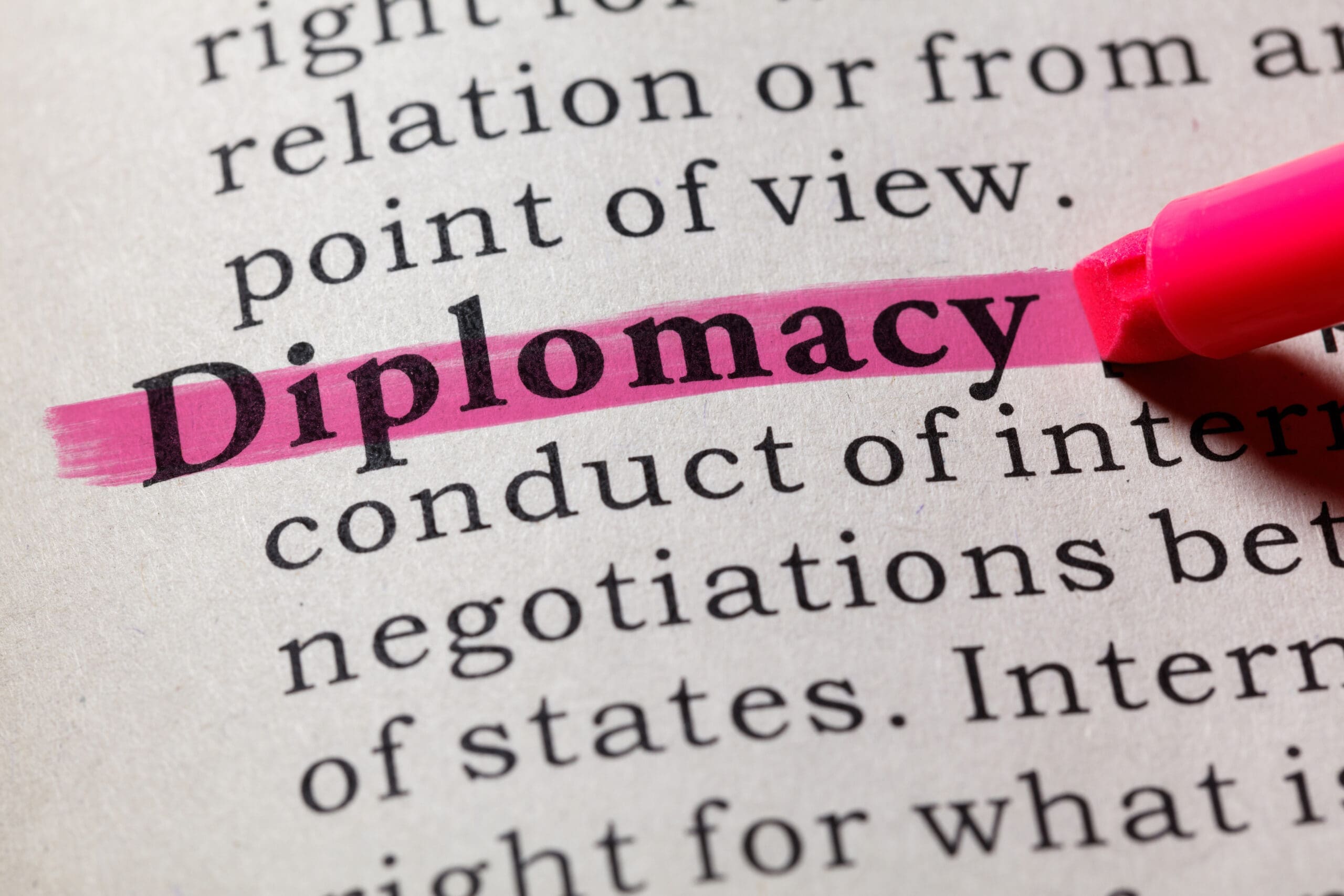

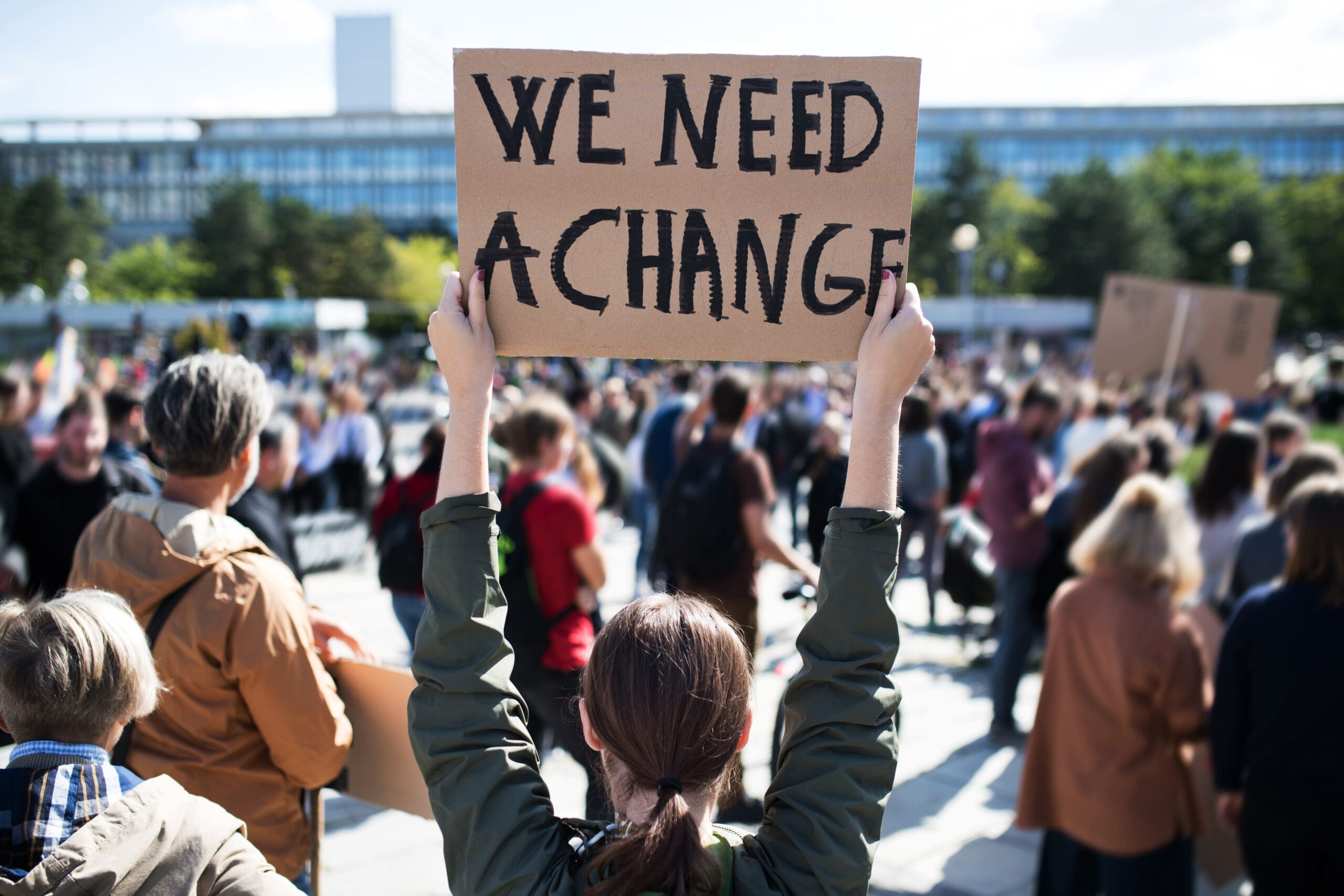
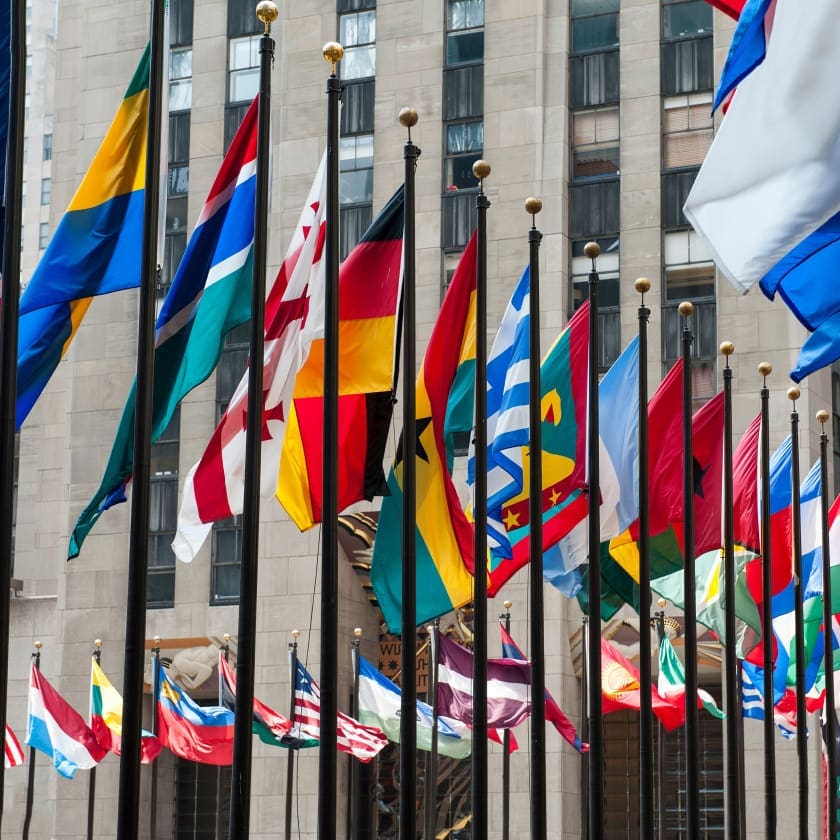
CIP has led or played a vital role in an impressive number of citizens' initiatives. Working closely with allies in Congress, including two members who were to become co-chairs of CIP’s board, Tom Harkin and Don Fraser, CIP campaigned to make sure that a government's human rights record was a factor in allocating foreign aid. CIP’s initial regional focus was on Asia. In the late 1970s, the Indochina program promoted the normalization of relations between the United States and Vietnam, Laos and Cambodia.

CIP staff turned its focus to Central America. Program staff became the Washington advocates for Costa Rican president Oscar Arias's peace plan for Central America. Executive director Bill Goodfellow and research director Jim Morrell ran a U.S. campaign to publicize and build public support for first the Contadora and then President Arias’s peace plan, which ultimately silenced the guns in Central America.
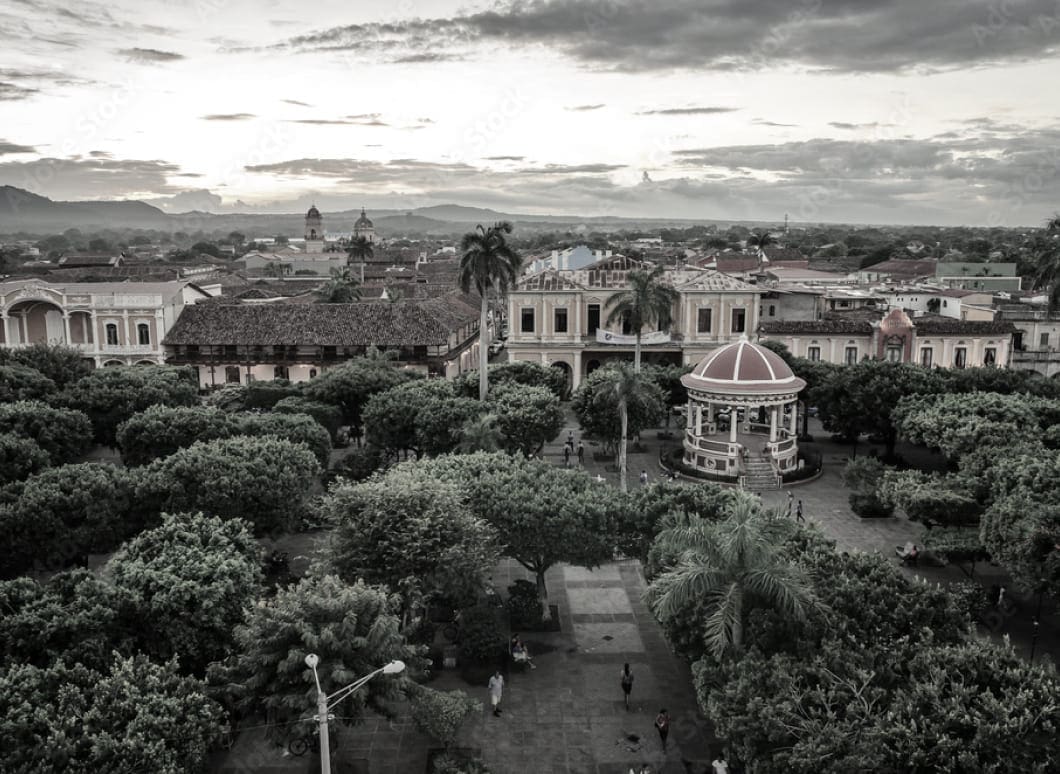
CIP attracted a number of senior diplomats to its staff and expanded its agenda to include reform of the nation's intelligence agencies. We continued to play an important role in Central America's post-conflict reconciliation, the effort to end the counter-productive isolation of Cuba, and efforts to condition military assistance to the Western Hemisphere on improvements in governance and increased respect for citizens’ human rights

In the first decade, our work expanded to include programs mobilizing opposition to the wars in Afghanistan and Iraq. CIP also hosted projects aimed at exposing illicit financial flows and the existential threat of climate change. Our programs had in common both their impact on human rights and national security as well as a research-based approach to public policy advocacy. CIP's monitoring of U.S. military aid and training in Latin America evolved into the country's leading database on U.S. Security Assistance worldwide, now known as the Security Assistance Monitor.
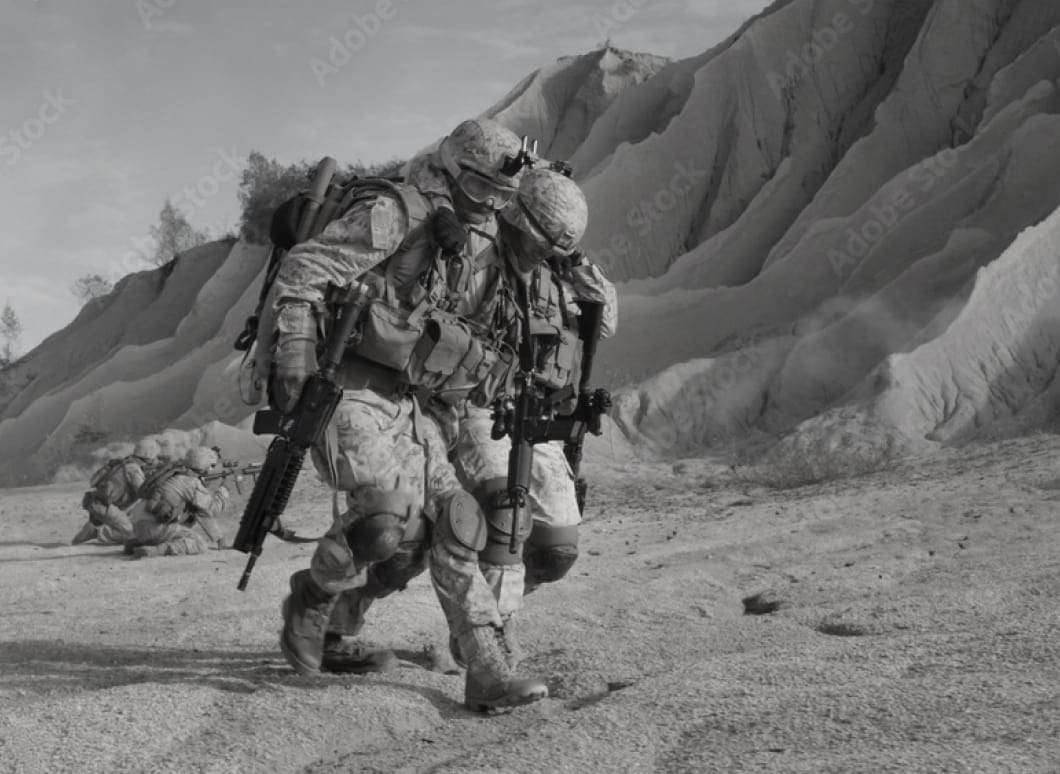
CIP's work continued to focus on ending what had become the 'endless wars' spawned by the so-called global war on terror during the previous decade. We expanded our work on the Pentagon budget and U.S. weapons exports and hosted the international Financial Transparency Coalition. In 2017, long-time executive director Bill Goodfellow stepped down and was succeeded by Salih Booker as President and CEO. This transition saw CIP grow with the addition of the Foreign Influence Transparency Initiative, the Africa Program, and Freedom Forward to CIP’s roster of programs. In 2019 CIP released its most influential report, produced by CIP's Sustainable Defense Task Force, which laid out a detailed plan for reducing the Pentagon budget by 10% a year, saving $1.2 trillion over the next 10 years, while providing improved security.
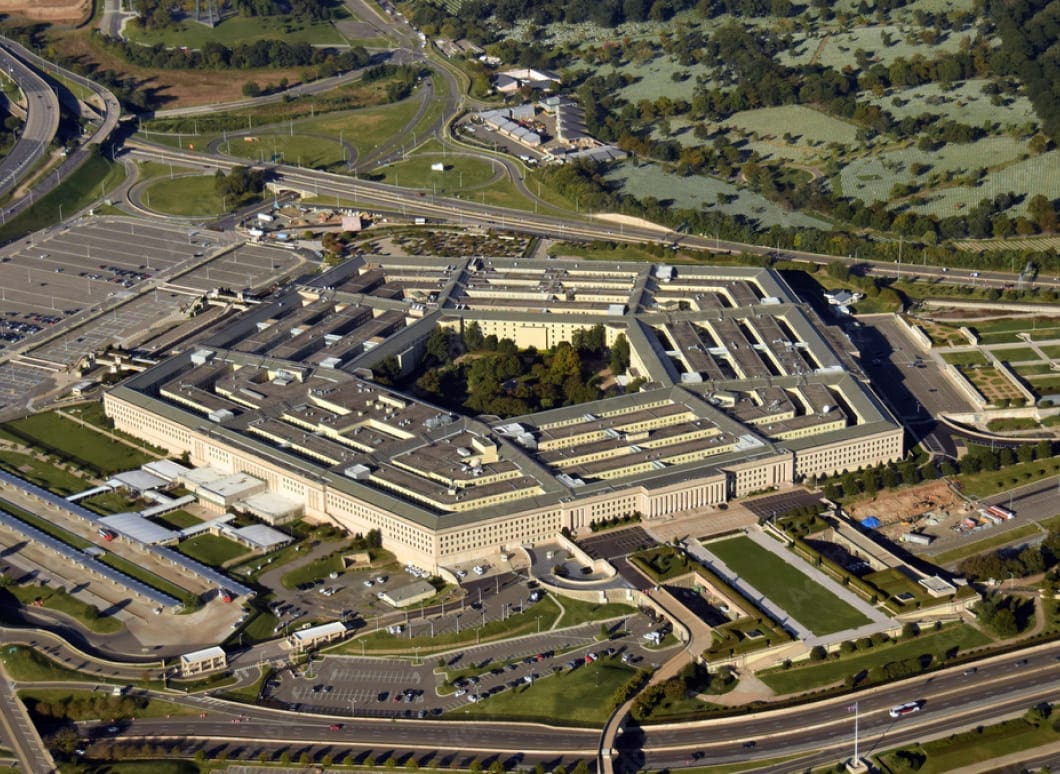
Following the pandemic, Nancy Okail became the first woman to lead CIP in its nearly 50-year history. Today, CIP brings diverse voices to bear on key foreign policy decisions and make the evidence-based case for why and how the United States must redefine the concept of national security in the 21st century.